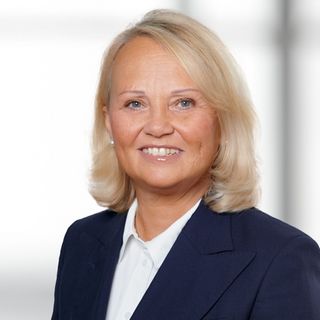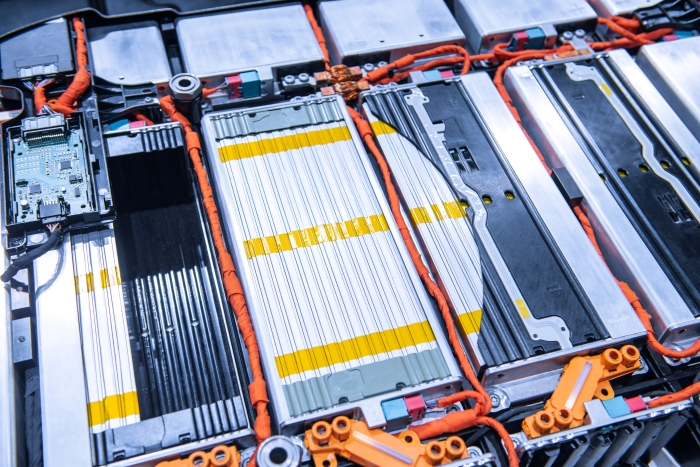Law to promote works council elections and works council works in a digital world of work (Works Council Modernisation Act)
On 18 June 2021 the Works Council Modernisation Act has come into force. Just before the end of the legislative period, an important part of the coalition agreement has been implemented. The law is intended to facilitate the establishment of works councils and thus the number of works councils in companies in Germany.
The number of work council bodies has continued to decline in the past. Only 10% of the companies in Germany still have a works council. Further, the working methods of works councils are to be adapted to modern working conditions and the protection of works council members and employees, who participated in the establishment of a works council is to be extended.
In detail, the law contains the following relevant changes:
- As employers sometimes take drastic measures to prevent the establishment of a work council, the special protection against dismissal for those who prove in an affidavit that they intend to establish a works council (so-called pre-initiators) is extended by the newly established sec. 15 para. 3b of the German Dismissal Protection Act (KschG). Already in 2001, special protection against dismissal was established for employees who initiate a works council or election meeting or apply for the appointment of an election committee, sec. 15 para 3a of the German Dismissal Protection Act (KschG).
- In companies with up to 100 employees (previously up to 50 employees), the simplified election procedure is obligatory. The simplified procedure is characterised by formal simplifications of the election procedure and shorter deadlines. In companies with up to 200 employees, the employer and the election committee can optionally agree on the simplified election procedure, sec. 14a of the German Works Constitution Act (BetrVG)
- What worked during corona times shall remain so in the future. According to sec. 30 of the German Works Constitution Act (BetrVG), video and telephone conferences can now be used for works council meetings on a permanent basis. However, face-to-face meetings still have priority and the works council can decide for itself which format to use. The employer is not entitled to demand meetings via video or telephone conference. In order to be able to hold a works council meeting via video or telephone conference, the works council has to set out the preconditions in rules of procedure. It has to be ensured that works council meetings are not public.
- If the works council processes personal data, the employer remains responsible for the data processing. This is set out in the newly implemented para. 79a of the German Works Constitution Act (BetrVG). The works council and the employer have to support each other in complying with data protection regulations.
- Para 87 sec. 1 no. 14 of the German Works Constitution Act (BetrVG) introduces an enforceable right for works councils to co-determination the organisation of mobile work. Aim is to increase the motivation to conclude company agreements on mobile work. The “whether” of mobile work remains the decision of the employer. However, the works council has full co-determination rights with regard to the content of such an agreement.
- If artificial intelligence (AI) is to be used in the company – for example when planning work processes or in the selection of personnel – the works council has the right to consult an expert if the works council has to assess the introduction or use of AI in order to carry out its tasks (para. 80 sec. 3 of the German Works Constitution Act (BetrVG)). In such cases the “necessity” is assumed.
- The right to vote is reduced to the age of 16, para. 7 sent. 1 of the German Works Constitution Act (BetrVG).
Conclusion
After amendments of the Works Constitution Act were initially to be made through the “Works Council Strengthening Act”, the amendments have now been passed by the Bundestag through the “Works Council Modernisation Act”. However, the law has not necessarily brought the necessary modernisation. The election process has not really been simplified, because also the so called “simplified procedure” is a complex procedure. Only the number of employees has been adjusted. Also the new right to co-determination on „mobile work” in art. 14 of para 87 of the German Works Constitution Act (BetrVG) was more about the political goal of the Ministry of Labour to at least focus on home office through the right to co-determine, after the introduction of a right to work at home has failed. The employer’s decision to introduce mobile working or not is also not influenced by the new co-determination provisions. Related regulations on working hours, health protection and technical equipment were already subject to enforceable co-determination right in the past. Unfortunately, the pandemic-related temporary transitional regulation for holding virtual arbitration meetings has not been permanently incorporated in the German Works Constitution Act (BetrVG), so that, according to the prevailing opinion, these have to be carried out in presence again since 1 July 2021.



